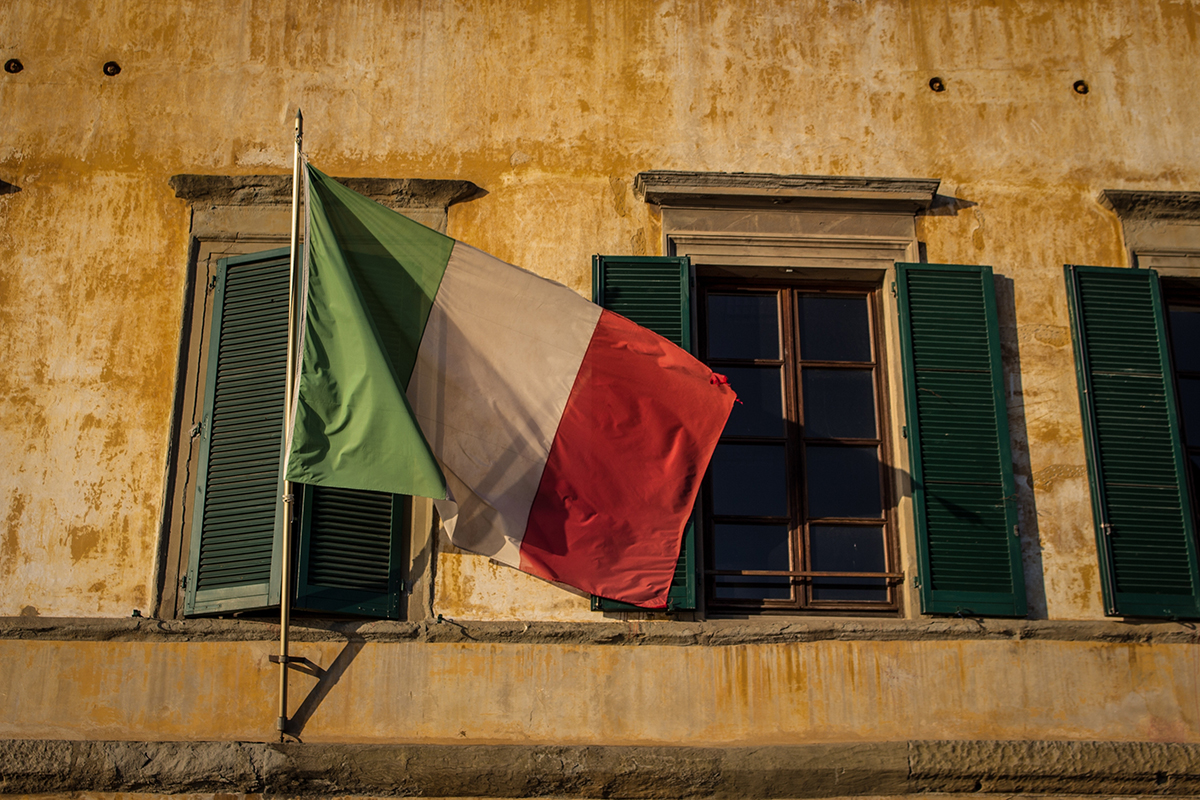Milan witnessed a multitude of mourners congregating to partake in the state funeral of Silvio Berlusconi. The indomitable and contentious former prime minister remained a constant figure in Italy’s public sphere for many years until his passing earlier this week.
Berlusconi’s casket, departing from Villa San Martino in Arcore just outside Milan, journeyed through the city’s heart to the gothic Duomo Cathedral in Milan for the Wednesday service. As the service concluded and the casket departed the cathedral, the Italian national anthem resonated from the gathered crowd.
Despite the designated day of mourning for the ex-PM, the lavishness of his funeral has sparked debates among those who question such ceremonials for a vibrant but contentious character. Berlusconi faced a temporary expulsion from politics after being convicted of tax fraud in 2012.
Following the funeral, Berlusconi’s body is slated for cremation at the Valenziano Panta Rei Crematorium Temple located in Alessandria, Piedmont, as reported by SkyTG24, CNN’s affiliate.
Berlusconi, whose career was as lengthy as it was mired in scandals, passed away in a Milan hospital on Monday at 86.
His extravagant state funeral drew masses from across Italy, composed of both ardent supporters of Berlusconi – some hoisting flags emblazoned with his Forza Italia party’s name – and devotees of the AC Milan soccer team he owned. Large TV screens outside the cathedral ensured spectators didn’t miss any of the proceedings.
Approximately 2,000 mourners assembled inside the church, including Italy’s President Sergio Mattarella, Prime Minister Giorgia Meloni, Hungarian leader Viktor Orbán, and EU Commissioner Paolo Gentiloni.
Archbishop Monsignor Mario Delpini, in his eulogy, acknowledged Berlusconi’s “lust for life.” The Archbishop further said that beyond his political and business identities, Berlusconi was essentially a man with a passion for life, love, and joy, adding that he now faces God, prompting applause from the attendees.
Among the onlookers were those who found the event historically significant, such as Jessica Lana, who, despite acknowledging the importance of the moment, disapproved of the state funeral for Berlusconi, citing his legal complications.
Tomaso Montanari, art historian and rector of the University for Foreigners of Siena, announced that, unlike other state buildings, his university would not lower its flags. Montanari stated he was compelled to comment on Berlusconi’s death due to Meloni’s decision to observe a mourning period.
Berlusconi, who suffered from several health issues recently and was diagnosed with leukemia, frequently visited Milan’s San Raffaele Hospital. His recent check-up was only days before his death.
The question of who inherits Berlusconi’s vast business empire, which includes ownership of some of Italy’s prominent companies such as AC Milan, is still up in the air. His five children, all of whom hold significant stakes, are potential heirs, but Marina, his eldest daughter who has been chairing the company since 2005, is speculated to be the probable successor.
According to the Bloomberg Billionaires Index, Berlusconi’s net worth stood at $7.6 billion.
Berlusconi, arguably Italy’s most colourful political figure, served as prime minister for nine years over three terms, longer than any other leader since the fascist dictator Benito Mussolini. Until his death, he was a central figure in Italian politics, successfully leading his Forza Italia party, which he reinstated in 2013, to win in a right-wing coalition with Giorgia Meloni and Matteo Salvini in September 2022.
Giorgia Meloni, Italy’s first female prime minister and a known ally of Berlusconi, expressed her tribute on Monday, describing him as “a fearless fighter” and his courage and determination as reasons for his influential stature in Italian history.
Berlusconi’s larger-than-life persona undoubtedly left an indelible mark on Italian history. His political career, tainted by scandal yet marked by longevity and influence, has been controversial. Yet, through all the controversy, he remained a dominant force in Italian politics and public life, etching his name into the annals of Italy’s post-war era. As the nation comes to terms with the loss, one thing is sure: whether loved or loathed, Silvio Berlusconi was a man who defined an era, and his legacy will continue to reverberate through Italian society for many years.







